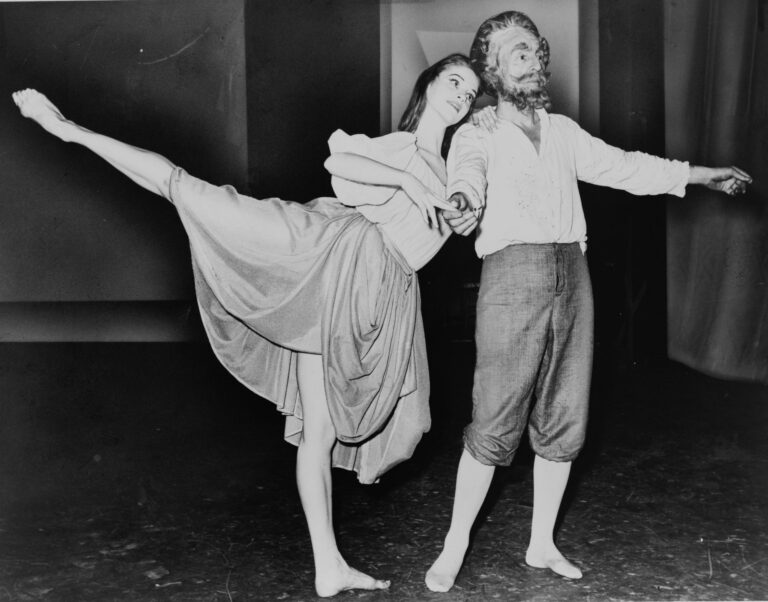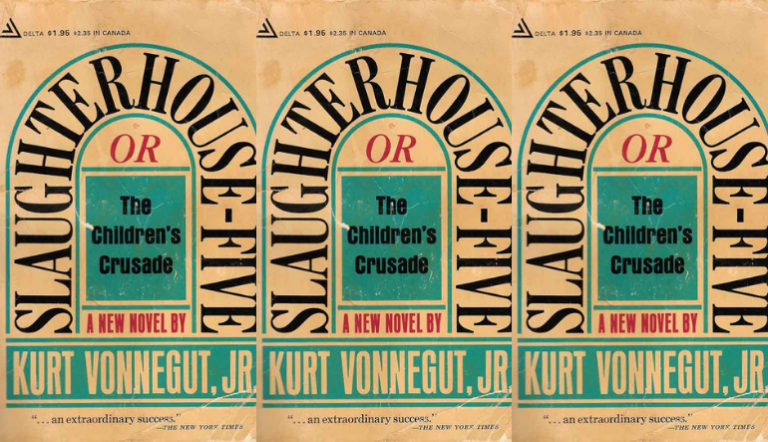“It’s All About the Panic”: An Interview with Mary Biddinger
Mary Biddinger’s poems are poignant, playful, a little mysterious, in love with language, and full of surprising connections: between music and meaning, between memory and imagination, between nostalgia and a yearning for what’s next. I’ve read and admired her poems since we were in the same undergraduate workshops at the University of Michigan twenty years ago. She is now the author of four collections of poetry—most recently A Sunny Place with Adequate Water (2014) and O Holy Insurgency (2013), both from Black Lawrence Press. She teaches at the University of Akron and in the NEOMFA: Northeast Ohio Master of Fine Arts in Creative Writing program. She also edits the independent literary magazine Barn Owl Review, which she founded in 2007.
Matthew Thorburn: Deadpan, comic, rueful, weary but maybe a touch hopeful too—there’s a particular tone of voice that makes A Sunny Place with Adequate Water a very cohesive collection. You hear it from the start, with that “adequate water.” Is this something you worked towards as you wrote the poems?
Mary Biddinger: I wouldn’t be exaggerating by saying that tone is everything to me. I remember using a particular manner of voice as a kid, and being told to watch my tone. At that point I realized that words could mean different things, depending on their neighbors, and their inflection. About ten years ago I realized that it was okay for poems to be playful. I’m a naturally goofy person who enjoys pleasant sarcasm. I hope that comes through in my poems. The book is also very much about dualities, and doubling, both the good and wicked versions of ourselves, and voice contributes to this.
MT: Did you have an idea of this book in mind as you wrote? Did you know these poems would fit together as a book? What was your process like?
MB: My second full-length collection of poems, O Holy Insurgency, was what you might call a project book. I embarked upon that manuscript with a full tank of gas, tires inflated to the factory standard PSI, and a detailed map, akin to my dad’s Rand McNally atlas that we’d use on road trips in the ’80s. Finishing that project left me feeling awfully liberated, both in terms of form and content. O Holy Insurgency’s poems were primarily lineated, so A Sunny Place with Adequate Water gave me the chance to write prose poems again. It’s one of my favorite forms.
While working on this collection, I learned that a close friend from college had died. I am someone who cannot separate her emotions from her poems, so A Sunny Place with Adequate Water incorporates themes of recollection, risk, and loss that are new to my work. In addition to memorializing Melodee, I wrote this book to pay tribute to neighborhoods that are swept away in order to accommodate the need for “progress.” The book also addresses the feelings an individual might have upon realizing that the past has quite literally disappeared. Photographs are all that remain. Maybe a few bricks or pressed flowers.
MT: I love the “coin-operated” poems that appear throughout the book—partly because they’re always things you couldn’t actually operate with a coin. Where did they come from?
MB: One day I was telling my kids about the vibrating hotel beds of yesteryear. They looked at me like I was delusional. That got me thinking about coins, and how they are becoming obsolete. A quarter is such a concrete representation of the abstraction that is wealth. If you go to an arcade, suddenly all the children want quarters, but only so they can immediately spend them.
Today’s students will likely never know what it’s like to run out of nickels at the copier while trying to duplicate several pages of a research article. They may never wait to hear the coin clink into the change return tray, rejected. I started writing poems about outlandish coin-operated items both to cheer myself up and to imagine a world where people were more forthcoming about the value of their desires, about commodity and services to be rendered.
MT: You’re a prolific writer, you teach, you edit, you’re a parent—how do you maintain a healthy balance? Or if “balance” isn’t the right word, how do you manage to keep that first part—writing poems—in the equation?
MB: For me, it’s all about the panic. I am more productive when I am under pressure, and I have to give myself deadlines and goals. I also cheat on administrative tasks and grading by writing poems on the sly when I should be thinking about assessment and observable outcomes and counting credit hours. Several times a year, during non-peak times at work, I do a poem-a-day with a few friends. This is where I generate the bulk of my work. Taking photographs tides me over until I am able to seriously devote time to writing poetry.
MT: And lastly: what are you reading—or what have you read recently—that moved you?
MB: About a year ago I stepped down from moderating a local book group, and that gave me a lot more freedom to read whatever I wanted. I have this deal with myself where I’m allowed to purchase whatever books I am interested in, whenever I would like to buy them. Some people binge shop for shoes or makeup, but I shop for books. As soon as I’m done with a book, I panic and get three more.
The book that has moved me the most recently is An Untamed State by Roxane Gay. The best books make me clear my schedule and hunker down, and reviews forewarned me that I would be compelled to dedicate the next week of my life to this book. I had just finished teaching my summer world literature course, where we read Edwidge Danticat and talk extensively about Haiti, and I transitioned directly into An Untamed State, which forever changed me as a reader.
In terms of poetry, right now I am loving Copia by Erika Meitner, which was recently released by BOA Editions. This is an amazing collection that should be on everyone’s bookshelf. I want to shout Erika’s poems over every loudspeaker within my reach.


